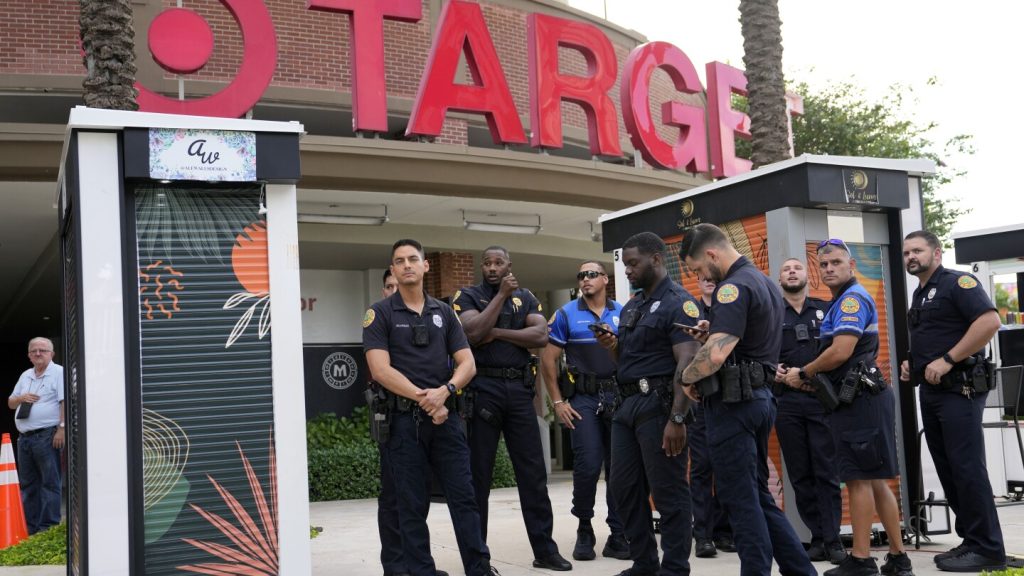Target will not carry Pride Month merchandise at all stores this spring after facing backlash and lower sales over its collection honoring LGBTQ+ communities. The decision was based on guest insights and consumer research, with the merchandise only available online. The move disappointed LGBTQ+ advocacy groups, who believe Pride merchandise holds significant meaning for the community.
Last year, Target faced backlash and made changes to its LGBTQ+ merchandise after customers expressed disapproval of the products. Some Southern locations moved displays to the back of the stores due to customer reactions. Target’s decision to scale back its Pride merchandise this year is a response to the challenging landscape of catering to different customer groups in a time of cultural divisions, especially surrounding transgender rights. The company CEO acknowledged the backlash and promised to be more thoughtful about merchandise decisions for heritage months.
The decision to reduce the presence of Pride merchandise comes amidst political turmoil around LGBTQ+ rights, with transgender rights becoming a politicized issue in various states. Companies like Bud Light and Target have faced criticism for their attempts to be inclusive and broaden their customer base. Anti-LGBTQ+ activism has been on the rise, leading to threats and backlash against companies like Target. Despite the challenges, Target remains committed to supporting the LGBTQIA+ community year-round and creating a welcoming environment for its LGBTQ+ team members.
Target’s move is part of a larger trend of companies navigating an ever-changing social environment and adjusting their offerings accordingly. The retail giant aims to stay close to its guests’ expectations and adapt its merchandise mix to meet changing demands. Other retailers like Walmart and H&M have also expanded their Pride Month offerings over the years, but the current climate of cultural divisions and activism has added complexity to these decisions. Target’s decision to have a more focused assortment reflects a broader trend of companies reevaluating their approaches to catering to diverse customer groups.
Overall, Target’s decision to reduce its presence of Pride merchandise this year reflects the challenges companies face in balancing the interests of different customer groups amidst cultural divisions and political turmoil. The move has disappointed LGBTQ+ advocacy groups, who believe Pride merchandise holds significant meaning for the community. As companies like Target navigate an increasingly complex social landscape, they must remain committed to inclusivity and respond thoughtfully to the changing expectations of their customers.


